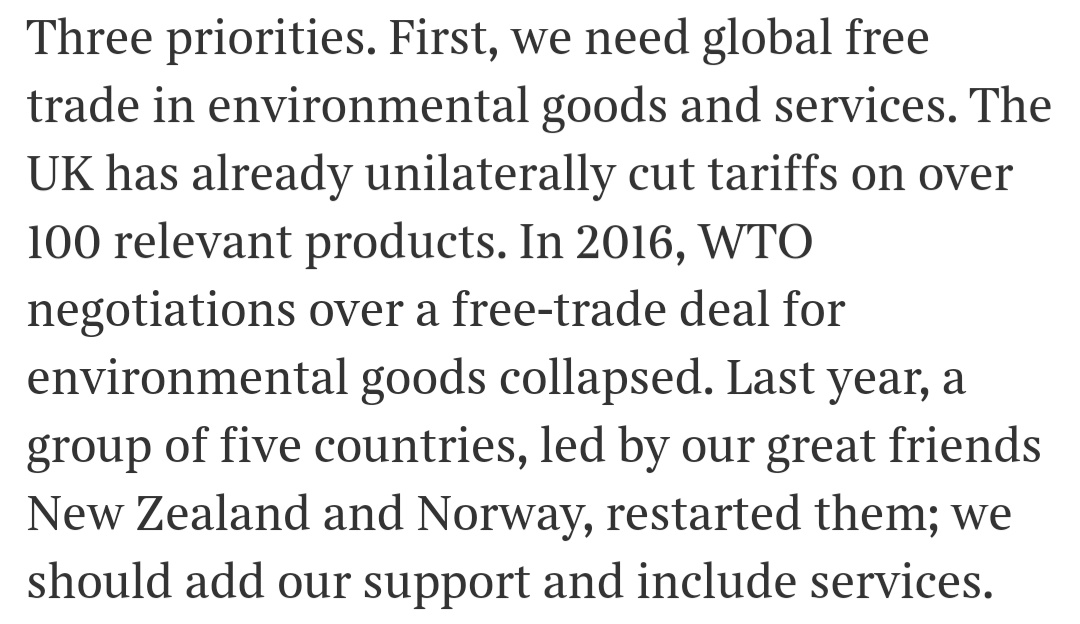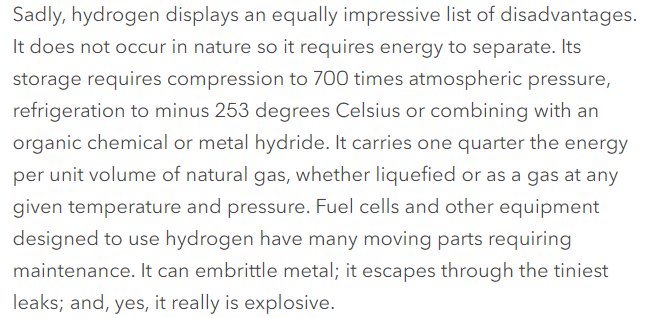
Someone please tell me why this is not a big story: London bus drivers are dying from Covid at 2.4 times the national rate for bus & coach drivers. (TfL/ONS data). The Mayor, always banging on about being the son of a bus driver, is the chair of TfL and is seeking reelection. 1/5
Don't believe me? Here's the ONS national data for 2020 showing the national figure for bus and coach driver Covid deaths in 2020 was 70.3 per 100,000.
2/5
ons.gov.uk/peoplepopulati…
2/5
ons.gov.uk/peoplepopulati…

By early January 42 London bus drivers had died, out of 25,000. That's 168 per 100,000, making it the nation's most dangerous occupation. Since then the figure has risen to at least 50.
3/5
bbc.co.uk/news/uk-englan…
3/5
bbc.co.uk/news/uk-englan…
How have the Mayor and TfL responded? By passing the buck first to the government and then the bus companies. But we know that In the first wave of the pandemic TfL undertook no spot checks of garages, and even urged bus companies not to provide PPE to drivers at one point.
4/5
4/5
Now we find that "Transport for London (TfL) does not hold copies of [...] Covid-19 risk assessments for garage premises." They just DGAF about conditions in canteens & toilets, drivers crammed in ferry vehicles. Shocking abdication of responsibility. 5/5
london.gov.uk/questions/2021…
london.gov.uk/questions/2021…
Oh, one more. The Mayor has also been hiding behind the review he commissioned from UCL's Professor Michael Marmot into driver deaths, claiming it exonerates him and TfL. But he is completely ignoring its recommendation that TfL oversees risk assessments by bus companies.
6/5
6/5

• • •
Missing some Tweet in this thread? You can try to
force a refresh






